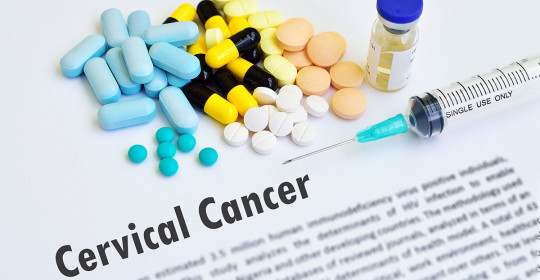
What you need to know about HPV Vaccination

About 79 million Americans currently have HPV (human papillomavirus). Many people with HPV don’t know they are infected. HPV is a very common infection that spreads through sexual activity. It’s also a major cause of cervical cancer.
Though HPV might not be as well known among sexually transmitted infections (STIs) as herpes or syphilis, it is actually the most common STI
The good news?
- The HPV vaccine (shot) can prevent HPV.
- Cervical cancer can often be prevented with regular screening tests (called Pap tests) and follow-up care.
In honor of National Cervical Health Awareness Month, we encourage:
- Women to start getting regular Pap tests at age 21
- Parents to make sure pre-teens get the HPV vaccine at age 11 or 12
Thanks to the health care reform law, you and your family members may be able to get these services at no cost to you. Check with your insurance company to learn more
When should my child be vaccinated?
The HPV vaccine is recommended for preteen boys and girls at age 11 or 12 so they are protected before ever being exposed to the virus. HPV vaccine also produces a more robust immune response during the preteen years. Finally, older teens are less likely to get heath check-ups than preteens. If your teen hasn’t gotten the vaccine yet, talk to their doctor or nurse about getting it for them as soon as possible.
To learn more about HPV Vaccine, please contact your doctor.
Read More:
- Pap Test: https://www.nlm.nih.gov/medlineplus/ency/article/003911.htm
- HPV: http://www.cdc.gov/hpv/parents/questions-answers.html


Most Commented